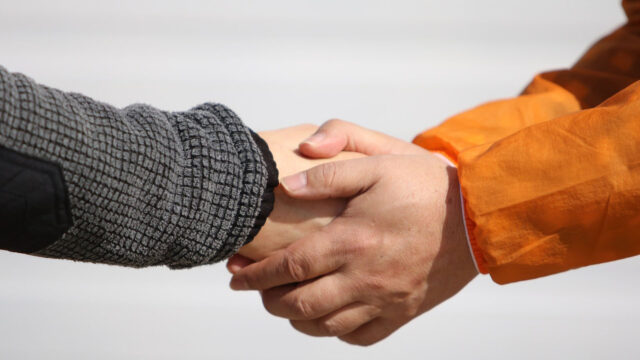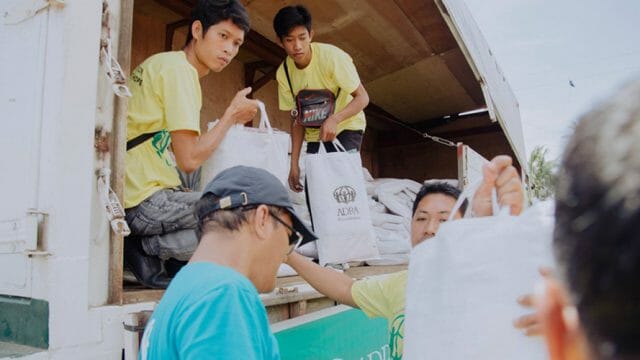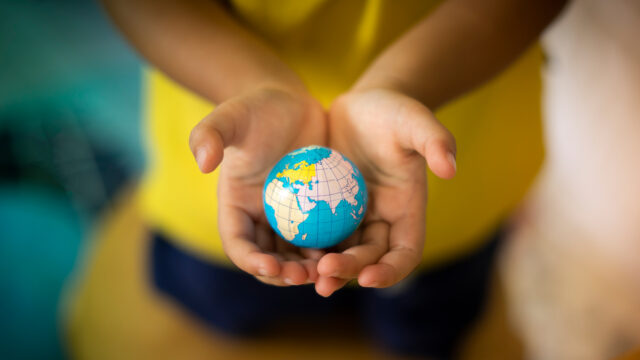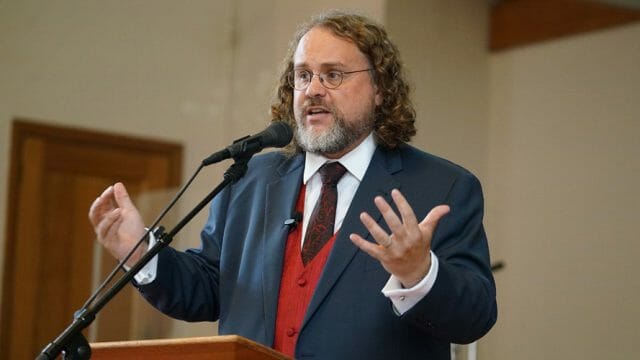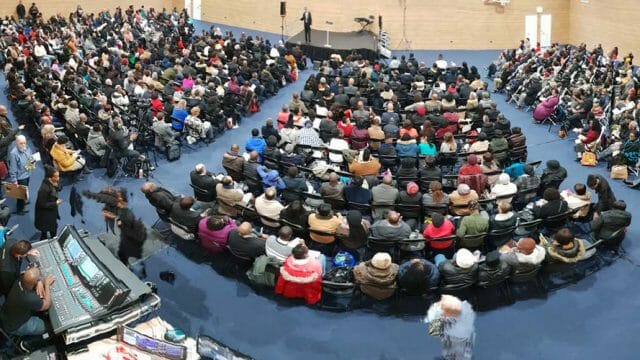Learning lessons from an important anniversary.
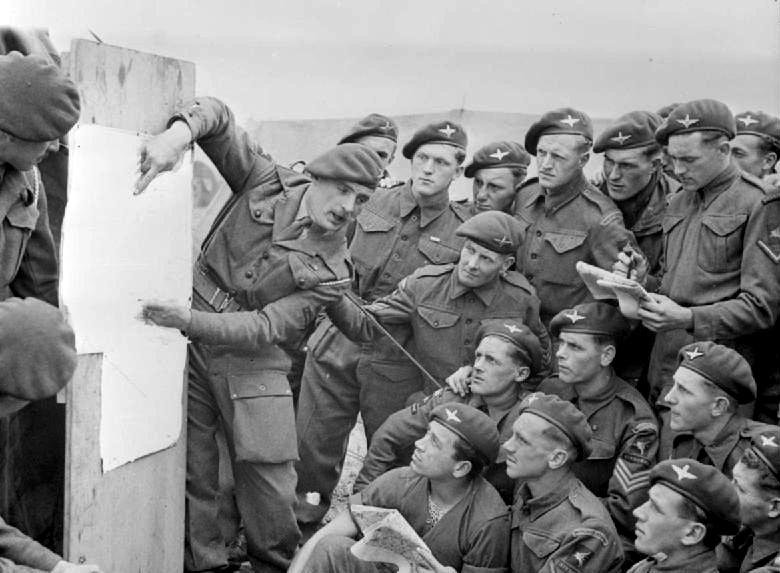
Last Sabbath, June 6, 2020, marked the seventy-sixth anniversary of D-Day, the assault of Nazi-occupied France that set the stage for the allied victory of World War II in Europe.
Countless books, articles, and films have chronicled the titanic struggle that pitted two of the world’s great military powers against each other. Months of preparation and planning were invested in answering one question: Which side was able to sacrifice the most to be victorious?
The allies had the numbers, but the Nazis held the advantage of high ground and fortifications. The fighting lasted most of a week before all five Normandy beaches were secured. Allied casualties were 10,000 (4,400 killed), and German casualties numbered between 4,000 to 9,000.
While we typically speak of the bravery and sacrifice of those who braved withering weapons fire and fought to secure their territory, we often overlook the sacrifices made by their respective homelands.
Countless thousands of young men—sons, brothers, husbands, and fathers—were lost to their families. At home, factories, farms, and hospitals were mobilized to provide for the war effort. Food items normally in abundant supply were rationed at home so that troops could push for victory. We call it a world war because very few places were unaffected. In addition to the sacrifice of those who landed on the beaches called Omaha, Utah, Gold, Juno, and Sword, millions of people around the world had to go without, even if they weren’t directly affected by the fighting.
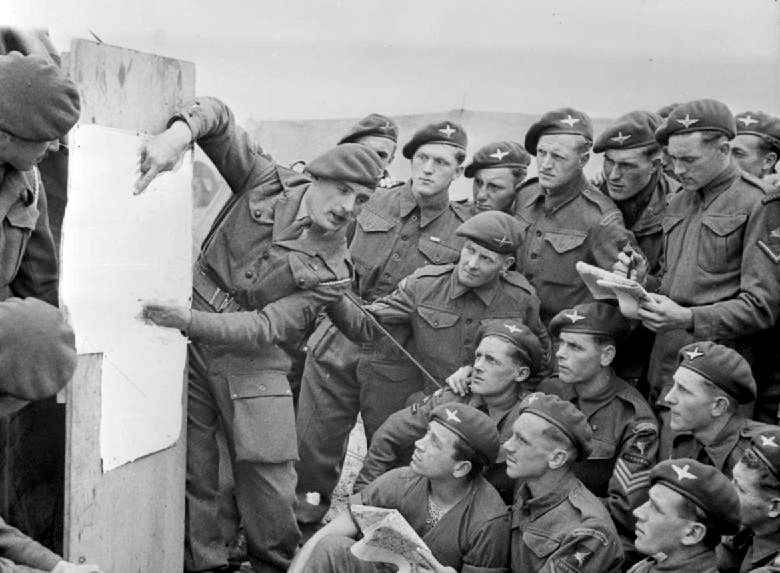
PC: Capt. E. G. Malindine
Today’s Conflict
We’ve recently been reminded of something called shared sacrifice. We’ve seen countless images of health professionals who work tirelessly to serve those affected by COVID-19. Yet we don’t often think of their families, who have to endure long hours of separation and lingering questions about whether they might lose their loved ones to the disease.
Farmers, supermarket staff, truck drivers, mail carriers, and other “essential workers” are known to us not because they fight disease but because they work to make our lives as normal as possible in what is, indeed, an abnormal situation.
During World War II the iconic poster of “Rosie the Riveter” with the words “We Can Do It!” mobilized millions of people and served as a reminder that not all heroes were on the battlefield. A poster of a man carrying a pitchfork and baskets of produce accompanied by the words “Dig on for Victory” stressed the importance of home gardening in the war effort.
The current campaign against COVID-19 has similar images: people wearing surgical masks along with memes “We’re all in this together” or “Together we can!” remind us that while we can’t all work to heal the sick, we are all part of the effort to slow the progress of the coronavirus.
We’re all looking forward to life returning to normal (whatever that is). And although some demand an end to the restrictions that have characterized life over the last few months, we demonstrate our commitment to normalcy by cooperating with those who know the most about containing a pandemic. We also show our commitment to who are most susceptible to infection by continuing to wear masks and practice social distancing.
Although Paul surely wasn’t referring to a global pandemic, he did write: “Be careful . . . that the exercise of your rights does not become a stumbling block to the weak” (1 Cor. 8:9).*
During World War II, civilians on both sides of the conflict understood that they had a part to play in the war effort. They understood that victory depended as much on them as it did on the soldiers, sailors, and pilots who served overseas. A little sacrifice at home—gasoline, sugar, meat—would bring victory that much faster.
So today, if wearing a mask in public, maintaining social distancing, and following the advice of public health professionals will help put a stake through the heart of COVID-19, I’m in. I want to honor the sacrifice of those who are trying to keep us safe during this epic struggle.
*Bible text is from the Holy Bible, New International Version. Copyright ã 1973, 1978, 1984, 2011 by Biblica, Inc. Used by permission. All rights reserved worldwide.


